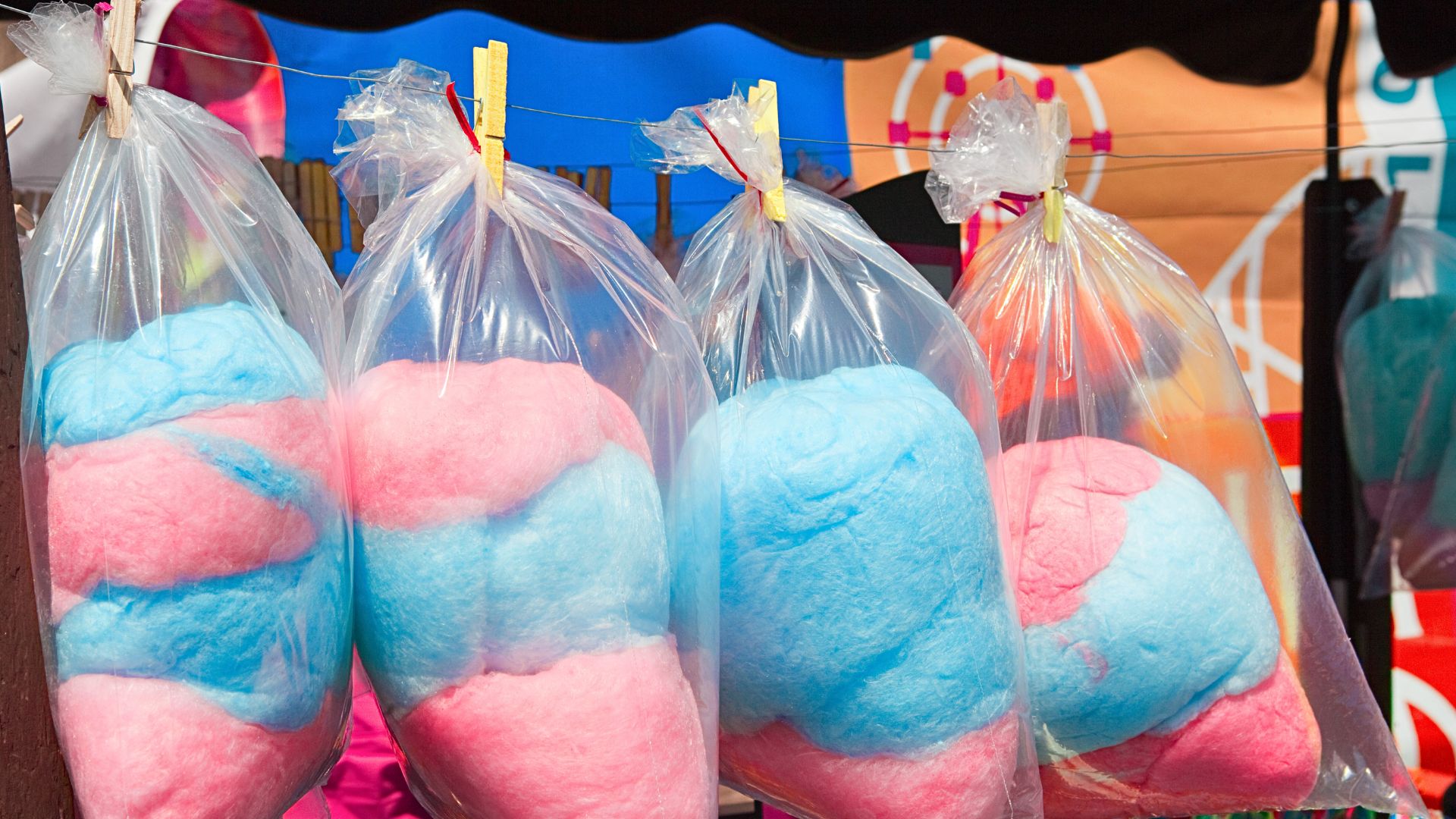










In a bold move aimed at safeguarding public health, the southern Indian state of Tamil Nadu has enacted a ban on the sale of cotton candy effective February 17th. The decision, announced by Tamil Nadu Health Minister Ma Subramanian, comes as a response to alarming findings regarding the presence of Rhodamine-B, a toxic dye commonly used in the production of cotton candy.
The minister emphasized that the ban aligns with the regulations stipulated in the Food Safety Standards Act of 2006. “Preparation, packaging, importing, selling, and serving food items containing Rhodamine-B in wedding ceremonies and other public events constitute a punishable offense,” stated Minister Subramanian in a recent statement.
Interestingly, this prohibition mirrors a similar ban already enforced in Puducherry, the neighboring union territory. Just a week prior, Puducherry Lieutenant Governor Tamilisai Soundararajan had announced the ban on cotton candy.
The decision to implement the ban followed meticulous food analysis, which revealed the pervasive presence of Rhodamine-B in cotton candy. This chemical compound, recognized for its vibrant pink color, is water-soluble and often utilized as a dye. Despite its aesthetic appeal, Rhodamine-B poses serious health risks to humans, including oxidative stress on cells and tissues upon ingestion. When mixed with food products, it becomes particularly hazardous, potentially resulting in adverse health effects such as nausea, vomiting, skin rashes, and even cancer and tumors.
In Puducherry, authorities uncovered several outlets utilizing this harmful dye, prompting the closure and confiscation of their products. To resume operations, sellers must now obtain a quality certificate from the food safety department.
This ban is crucial in raising awareness among candy manufacturers, vendors, and consumers alike. While brightly colored candies or foods may seem enticing, they often conceal harmful chemicals that can have severe health implications.









